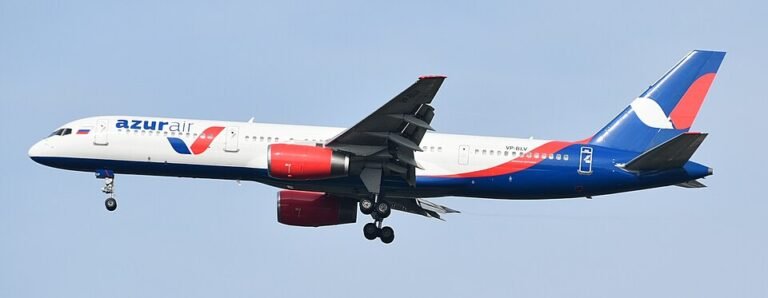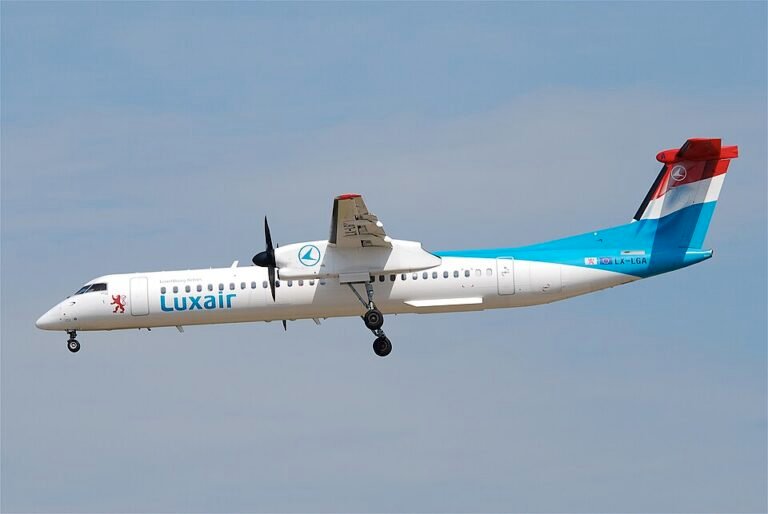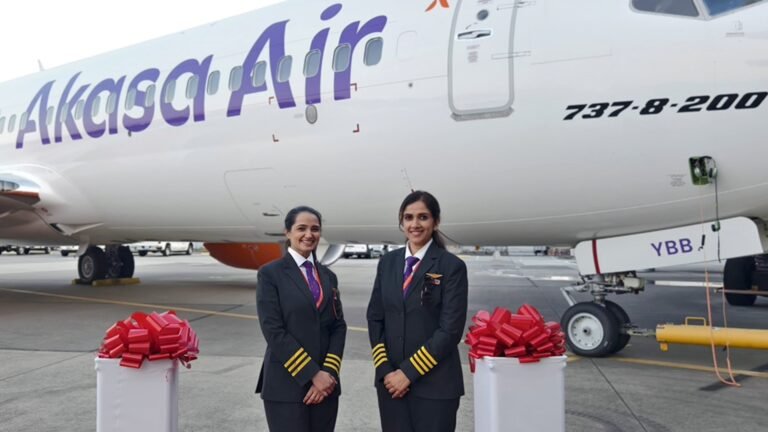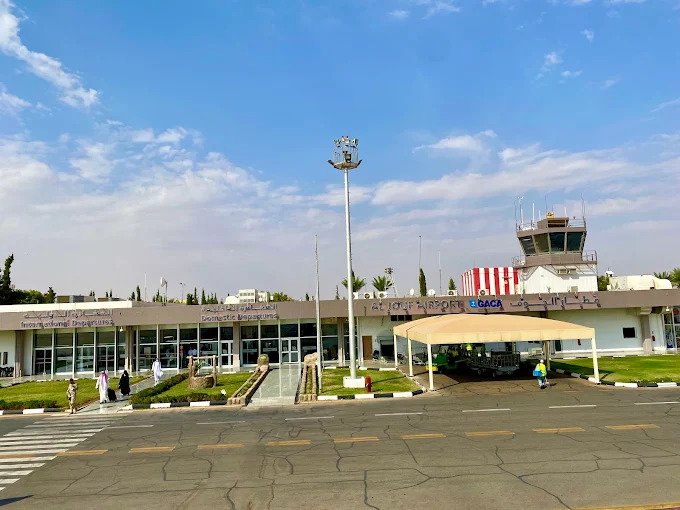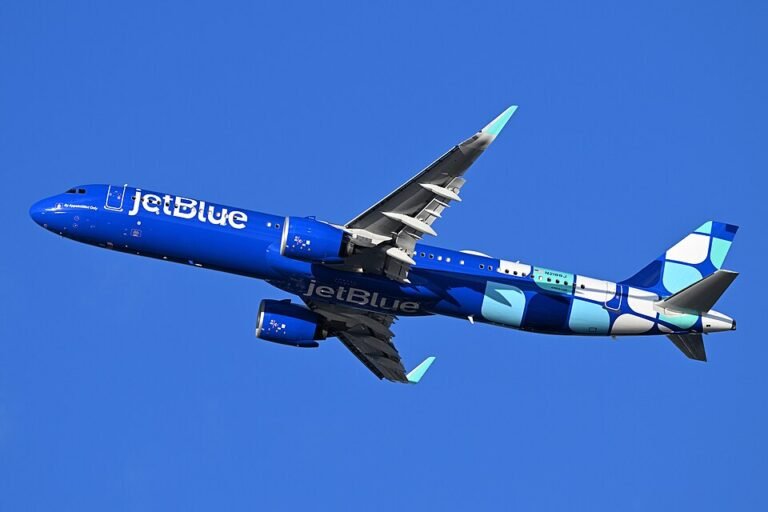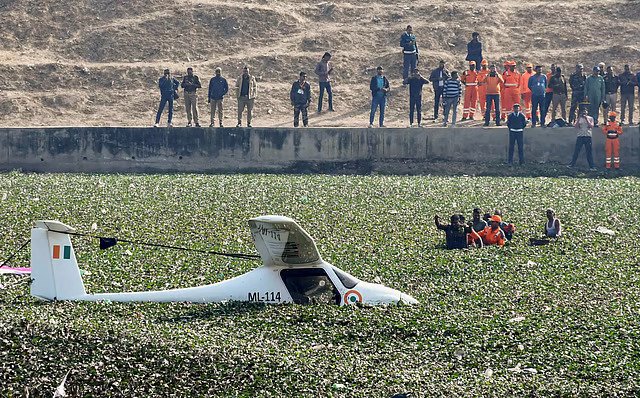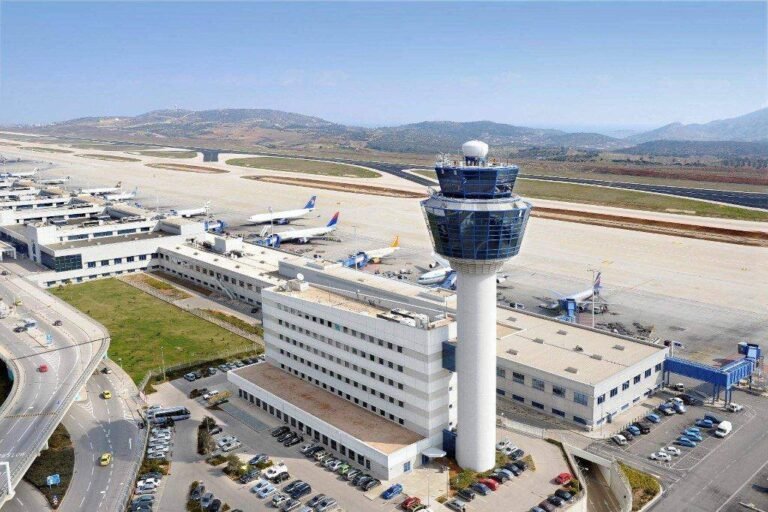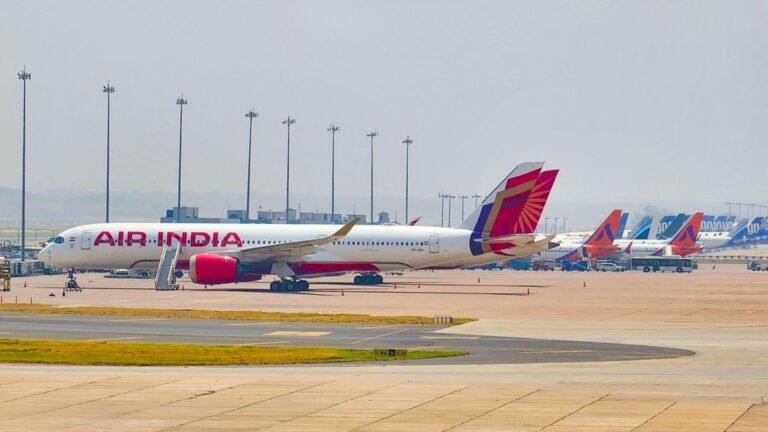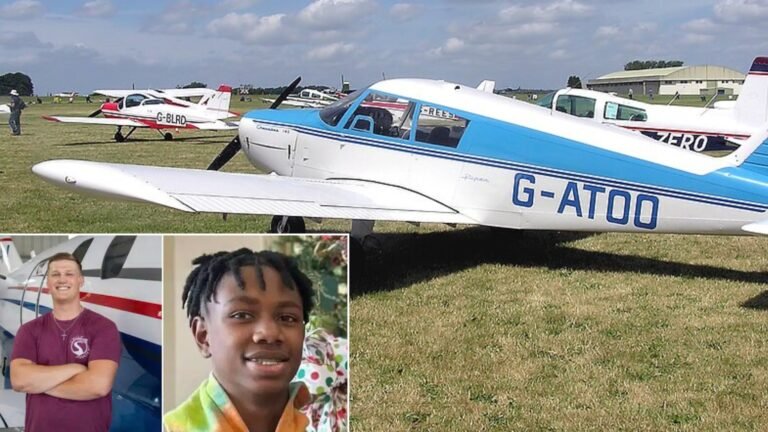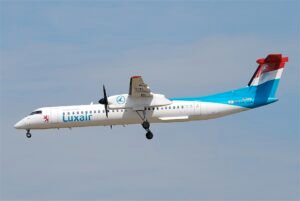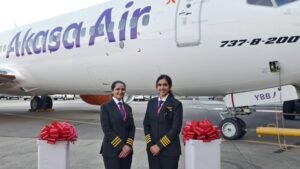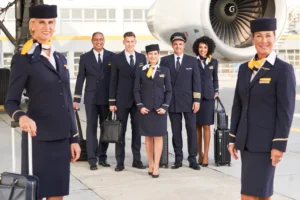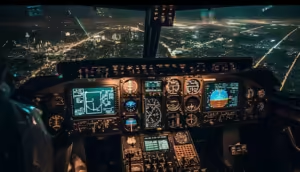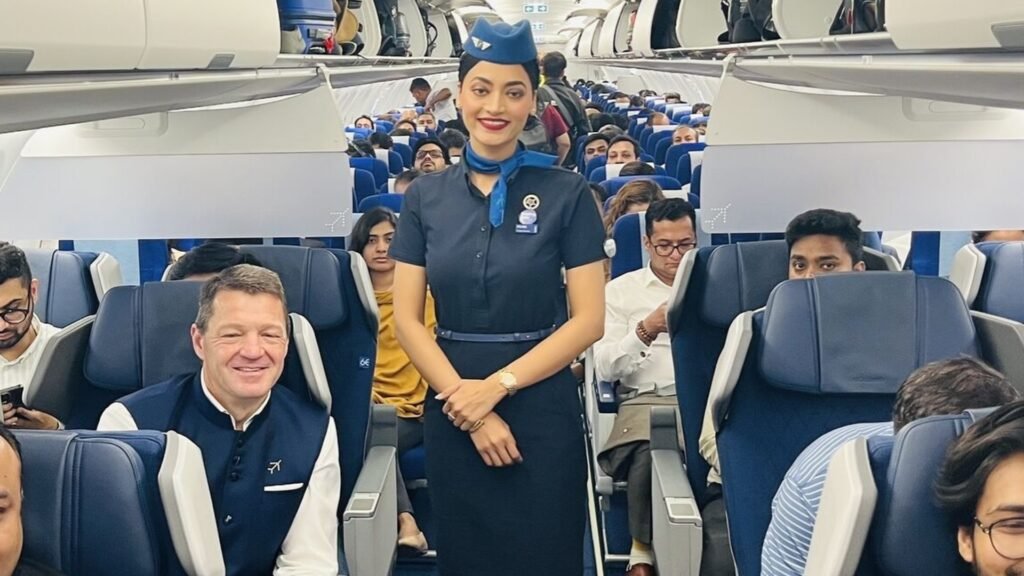
New Delhi, India: The Directorate General of Civil Aviation (DGCA) is preparing to roll out a Competency-Based Training and Assessment (CBTA) framework for cabin crew, marking a significant shift in India’s approach to aviation training and safety. The initiative aims to move beyond traditional checklist-driven instruction and instead focus on developing measurable, scenario-based competencies that improve crew performance in real-life situations.
DGCA Chief Flight Operations Inspector Shweta Singh said that draft regulations for the new training model are expected to be released within a month, and the adoption will be voluntary for airlines at the initial stage. The framework is expected to eventually become an integral part of airline training programs across India.
The CBTA model, already implemented for pilot training since 2022, emphasizes skill proficiency, decision-making, and communication under operational pressures rather than rote procedural knowledge. Singh explained, “For example, if there is a fire in the cabin, how will they deal with it, how will they communicate, how will they coordinate? All these performance indicators will be embedded in the CBTA framework to help cabin crew train better.”
Industry leaders have welcomed the move as a progressive step that aligns Indian aviation standards with global practices recommended by the International Civil Aviation Organization (ICAO). The ICAO’s competency-based approach ensures that crew members are not only trained to complete tasks but also assessed on how effectively they handle unexpected challenges during flight operations.
At a recent industry conference, Captain Ashim Mittra, Senior Vice President of Flight Operations at IndiGo, said that competency, rather than crew numbers, determines operational safety and efficiency. “The number of people onboard matters less than how competent they are to handle different situations,” Mittra stated, emphasizing the importance of advanced training models as India’s airlines continue to expand their fleets and international operations.
India’s aviation sector is among the fastest-growing in the world, with airlines adding hundreds of new aircraft over the next decade. This growth has created a parallel demand for highly skilled flight and cabin crew, and the DGCA’s move to adopt CBTA reflects the regulator’s effort to strengthen operational safety standards amid rapid expansion.
The regulator’s shift toward competency-based models also aligns with its broader vision of improving human performance, safety culture, and regulatory oversight within the Indian aviation ecosystem. Aviation experts believe that implementing CBTA will not only elevate the quality of training but also make Indian crew members more adaptable and globally competitive.

